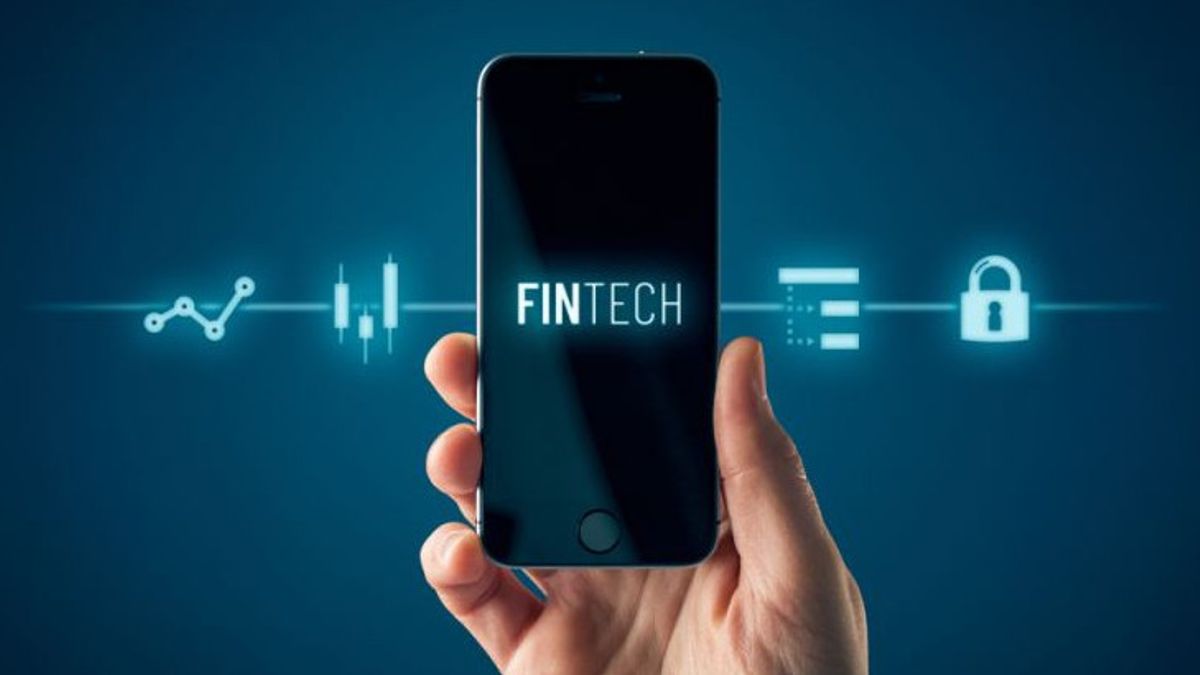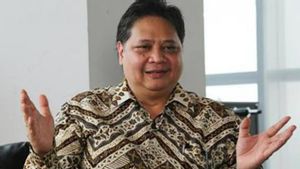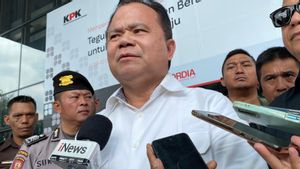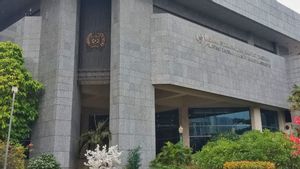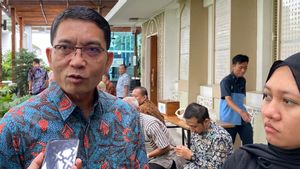JAKARTA - The Financial Services Authority (OJK) has asked financial technology companies (fintech) with their digital products not to change interest unilaterally without prior notification, especially for micro, small and medium enterprises (MSMEs) as a form of consumer protection.
"There must be fair treatment in making agreements with MSMEs, for example, not changing prices and interest without prior notification," said OJK Board of Commissioners Friderika Widyasari Dewi virtually at an international seminar on consumer protection in Nusa Dua, Bali, quoted from Antara, Wednesday, March 29.
On the sidelines of the meeting of the Minister of Finance and the Governor of the ASEAN Central Bank in Bali, the member of the OJK consumer education and protection sector assessed that these efforts were made to balance financial innovation with consumer protection, especially MSME players.
He does not deny that the rapid development of digital technology with all its convenience, speed and efficiency, also presents a new challenge, namely negative consequences if not regulated, not only for MSMEs but also for financial system stability.
"Therefore, it is necessary to maintain a balance between financial innovation and consumer protection for MSMEs in this innovative environment," he added.
Not only related to contracts with MSMEs, OJK asks financial technology companies to carry out four consumer protection efforts for small business actors, namely advancing transparency including information related to costs, obligations, and risks.
Furthermore, digital financial products must be trusted in terms of fulfilling MSME rights so that maintaining the system can continue to be trusted.
Then, maintaining the confidentiality of MSME data and digital financial products, there needs to be a special unit that handles dispute complaints and resolutions.
On the other hand, the existence of MSMEs is one of the backbones of the Indonesian economy with the absorption of labor reaching 120 million workers in 2019 or about 97 percent of the total workforce.
This number is in line with the number of MSMEs in Indonesia, which is estimated to reach 65 million business actors who contribute 60 percent to Indonesia's Gross Domestic Product (GDP).
Even though it dominates Indonesia's economic structure, credit realization to MSMEs is still low, which only reaches 21 percent of total credit.
In 2022, the realization of MSME loans in Indonesia has only reached around 21 percent or Rp1,349 trillion of total bank credit reaching Rp6,424 trillion.
This achievement actually decreased compared to 2021 which reached Rp1,221 trillion.
Meanwhile, OJK assesses digital financial innovation can be a means to increase financial inclusion to MSMEs. OJK noted that until January 2023, as many as 77 percent of people were active using the internet in Indonesia with 350 million mobile phone numbers or about 128 percent of the total population of Indonesia.
"With this amount, digital financial innovation is a means to increase financial inclusion," he said.
The English, Chinese, Japanese, Arabic, and French versions are automatically generated by the AI. So there may still be inaccuracies in translating, please always see Indonesian as our main language. (system supported by DigitalSiber.id)
